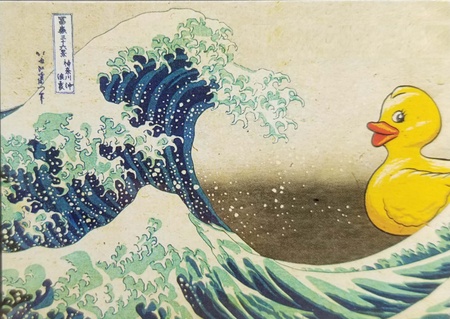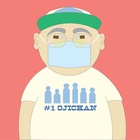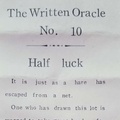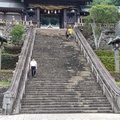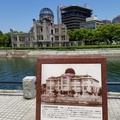Is ignorance really bliss? What does it mean when people say, “I can’t wait for things to go back to normal”? What is defined as “normal”? Is “going back to normal” achievable after over 2.6 million deaths worldwide due to the Coronavirus—with over 530,000 Coronavirus-related deaths in the US alone? Also, what does it mean to be Economically stable at this point in time?
In this article, I want to reflect from an Economic Anthropological perspective. This means I intend to focus on the issues of humanity neither based on rational decision-making nor based on actual scarcity of economic resources. Instead, I want to question humanity’s Projection of their negative feelings—feelings of fear, insecurity, anxiety, and weakness—on others, in order to gain some feeling of control in a situation they really have no control over.
In the past, Economic instability has caused certain groups of people to become hostile and demand the government offer recovery opportunities, in order for such groups to have leverage over other groups. Since 2020, with the current pandemic taking the world by storm, history is seemingly repeating itself. Groups wanting to dominate other groups repeat actions and behaviors that worked in the past, with the hope of getting the same results of Economic leverage such groups are accustomed to having. The sense of entitlement to “getting first dibs” has not changed much from a century ago or even in the past few decades.
Back in 2019, I bought myself a gift from the Japanese American National Museum online store. This particular gift, the Hokusai Ducky Flipbook, is inspired by “The Great Wave Off Kanagawa” painting by Japanese artist Hokusai. I thought the image of the rubber duck facing the Great Wave was hilarious, so I could not resist buying it. However, the image gave me a different perspective recently. This image can also be symbolic of people facing overwhelming hardships in life, as though the waves of life’s challenges are crashing down on their sense of security.
Someone might say to me, “What you are saying doesn’t make any sense! I lost my job, or I have a difficult time being able to work. I can not keep up with my bills. I have every right to be upset! My standard of living has gone down the drain!” Of course, people in such predicaments have every right to be upset. However, engaging in such brutal attacks against Black Americans, Asian-Americans, and other People of Color will not solve the problem, either.
If a person’s assault results in the deaths of innocent people, that suspect DEFINITELY will not be able to work again. IF justice is served properly (key word being “IF”), then that suspect might spend 25 years to life behind bars. So does assaulting or killing other people and throwing your own life away make any sense? Or is the feeling that some people can get away with assault or murder so embedded in people, that they have no qualms about taking the risks?
In one of the last virtual workshops I attended with the Japanese American National Museum last year, I told fellow JANM members about my experience dealing with the Asian-American community before the current pandemic. Identifying as Nikkeijin—in particular, a Black person with Bukharan and Japanese ancestry—I wanted to reconnect to my ancestral roots.
I mentioned that in 2018, I visited Los Angeles with my sister to attend an exhibit. The interaction with many people in the Japanese-American community was kind, yet distant. The vibe I received from the Japanese-American community was: “You seem great, but you will cramp our style if you stay around us for too long. If a certain race of people see you around us, they will look at us strangely. We might lose face.”
Of course, those words were not said out loud, but that was the body language. I knew at that time, I would not get the support I needed. Of course, this experience is common for most Blasian--or Black Asian--Americans also.
When I told this story to fellow JANM members, many of them admitted they despised the “Model Minority” image. It is one thing to be discriminated against by another group; it is another to be discriminated against by your own group. The response to my story was overwhelmingly positive. Before the pandemic, stories like this would have been rejected and people like me would have been called crazy or dramatic for telling these stories. NOW is the time for people to listen and understand these stories, no matter how uncomfortable they make people feel. In fact, the time to listen and understand is long overdue.
This brings me back to my first question: Is ignorance really bliss? Will tuning out uncomfortable stories and situations result in “things going back to normal”? From an Economic Anthropological perspective, does ignorance enhance comfort and perceived sense of economic security and control? When it comes to economic uncertainty, will ignorance enable certain groups to pressure the government to give them economic leverage again over other groups? Will refusing to listen and understand make people less accountable for their behavior and actions?
One thing is certain: the answers to these questions depend on who you ask.
© 2021 Tuney-Tosheia P. McDaniels


